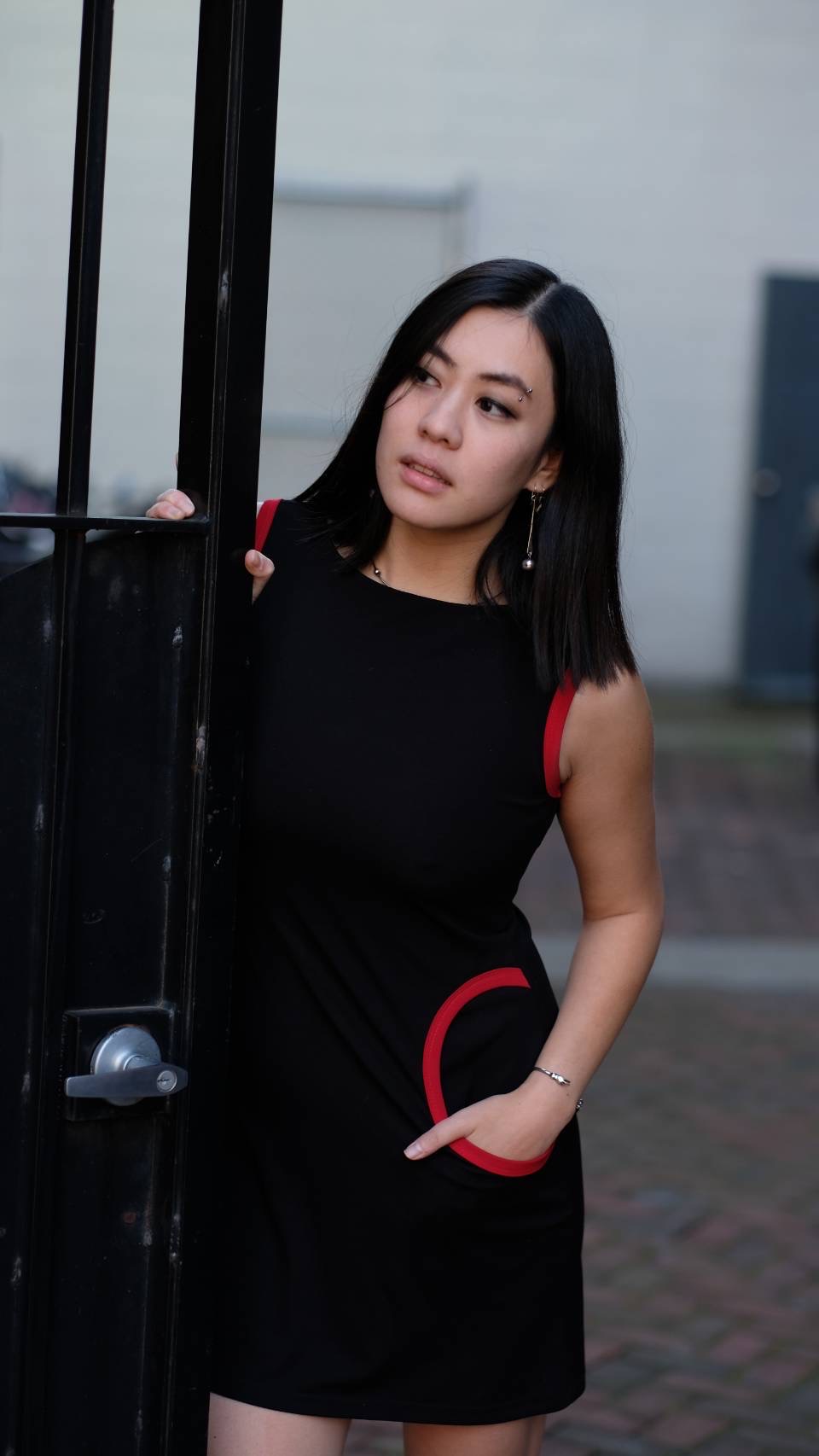We caught up with the brilliant and insightful Jae Carelli a few weeks ago and have shared our conversation below.
Hi Jae, thanks for joining us today. What’s been the most meaningful project you’ve worked on?
I am currently in the process of producing a cross genre vocal performance project about my adoption titled “Homeward Bound.” Through a new music classical voice recital and performing my debut EP (also to be titled Homeward Bound), I am exploring the longing for belonging by telling my musical narrative as a Korean adoptee. The cross between classical and contemporary vocal techniques highlights the cross between cultures that trans racial adoptees experience; not quite feeling at home in their culture of origin or the culture they were adopted into. The project is centered on my story of navigating the 7 core issues of adoption: abandonment/rejection, grief, loss, trust, shame, control, and identity. I will be pairing a new music classical voice piece by an American composer with a song I wrote about these 7 issues.
I am the oldest of five children adopted from Korea and I connected with my Korean heritage and Asian identity in my early twenties. I recognized so many of the mental health issues I dealt with were due to being adopted and, through a lot of therapy, I was able to process the ambiguous grief and loss that was showing up in my behavior. A PBS Frontline Documentary was released in September about “South Korea’s Adoption Reckoning,” which uncovered a corrupt system profiting from exporting children- including myself and my four siblings. The performance project and album includes themes of family dynamics, mental health, and deconstruction of the role that evangelical Christianity played in international adoption. Adoptees have been treated as products to be bought and sold, however, we are people who just want to live our lives and find our own happiness. This project is especially meaningful for me at this time, as the search for my biological family was recently closed for the second time in 5 years. As international adoption is on the decline and is becoming illegal in many countries, international adoptees are part of a 70 year long chapter of history that will be forgotten if we don’t share our experiences. This performance project is how I am raising my voice against a system that silenced me and other transracial adoptees, by transforming my struggle into stories and song.
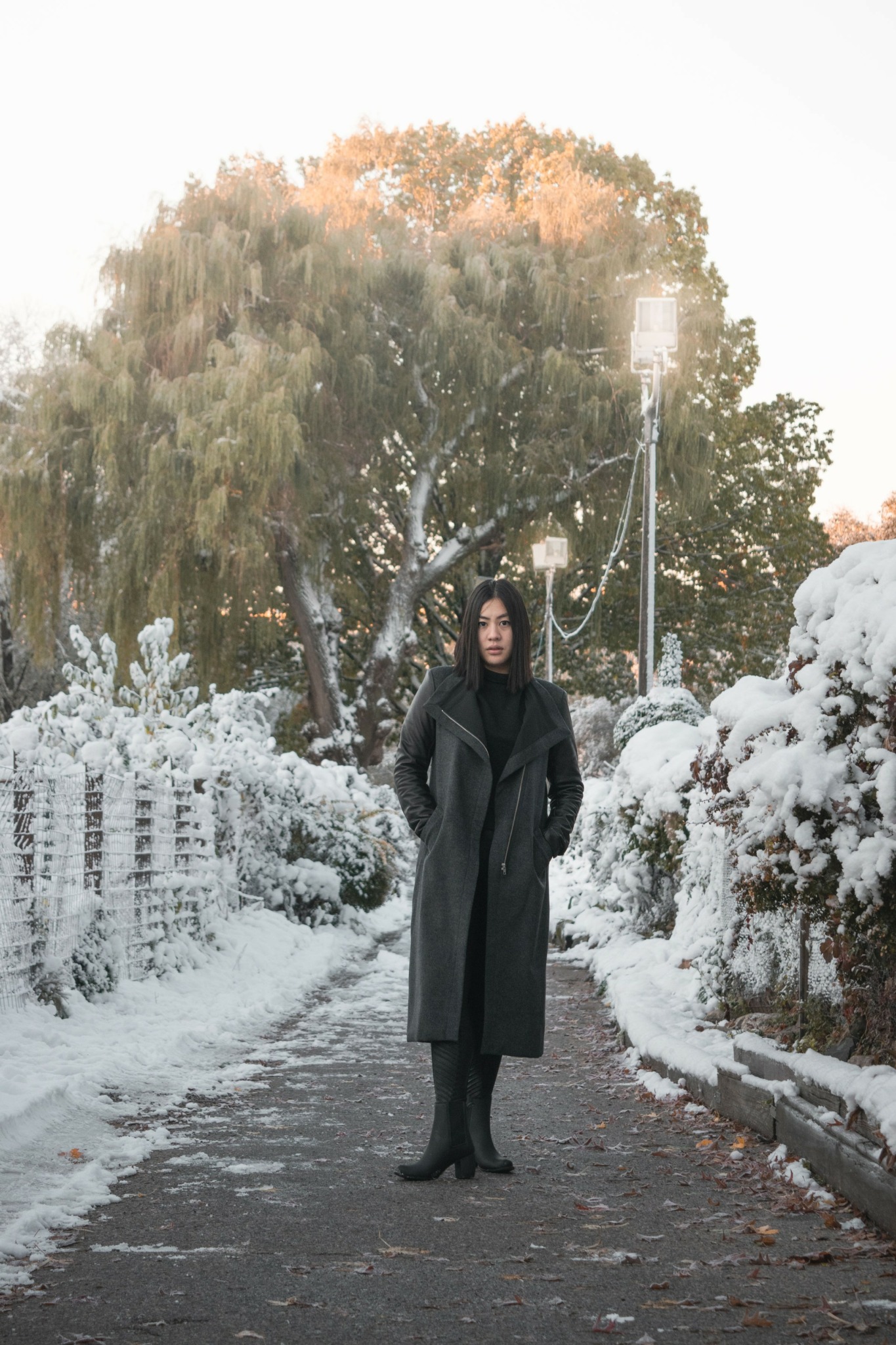
As always, we appreciate you sharing your insights and we’ve got a few more questions for you, but before we get to all of that can you take a minute to introduce yourself and give our readers some of your back background and context?
I am a performing artist, music director, and voice teacher living in New York. When I was 9 years old I heard Benjamin Britten’s “Young Person’s Guide to the Orchestra”, and as the piece concluded with the fugue I knew I wanted to pursue music for the rest of my life. I was already playing piano and flute at the time, and then began playing harp a year later. I eventually pursued a Bachelor of Music in vocal performance at The Boston Conservatory at Berklee. I worked as a liturgical music director during my years in undergrad, focusing on new classical chamber music and collaborating with composers. I am still a part of The Into the Light Ensemble that I cofounded with my colleagues, Bo Konigsmark and Rose Hegele, in 2018 where we perform and premiere new works by living composers.
As I am establishing my identity as the artist JAE.CI, I have been navigating my personal identity as a transracial adoptee and non binary person. This has entailed exploring duality and transcending prescribed expectations in a world obsessed with black and white binaries. I seek to explore all the gray area and defy boundaries and labels. I do this by creating music with lyrics containing religious themes, poignant imagery, and strict rhymes, paired with a harmonic structure I devise utilizing my grapheme color synesthesia (associating colors with graphemes such as letters, numbers, and notated music).
Currently, I serve as music director of Bethany Congregational Church in East Rockaway and perform in a treble voice a cappella group, which advocates for educational rights of disabled children. I teach voice with Singing Lessons NYC by Eleonor England and sing with the TRANScend Ambassadors, a choir of trans and gender expansive singers, as I am completing my trans voice certification under the guidance of Dr. Felix Graham. I am in my second year of an online three year Masters of the Arts in Voice Pedagogy program at the Voice Study Centre (accredited by The University of Wales, Trinity St. David).
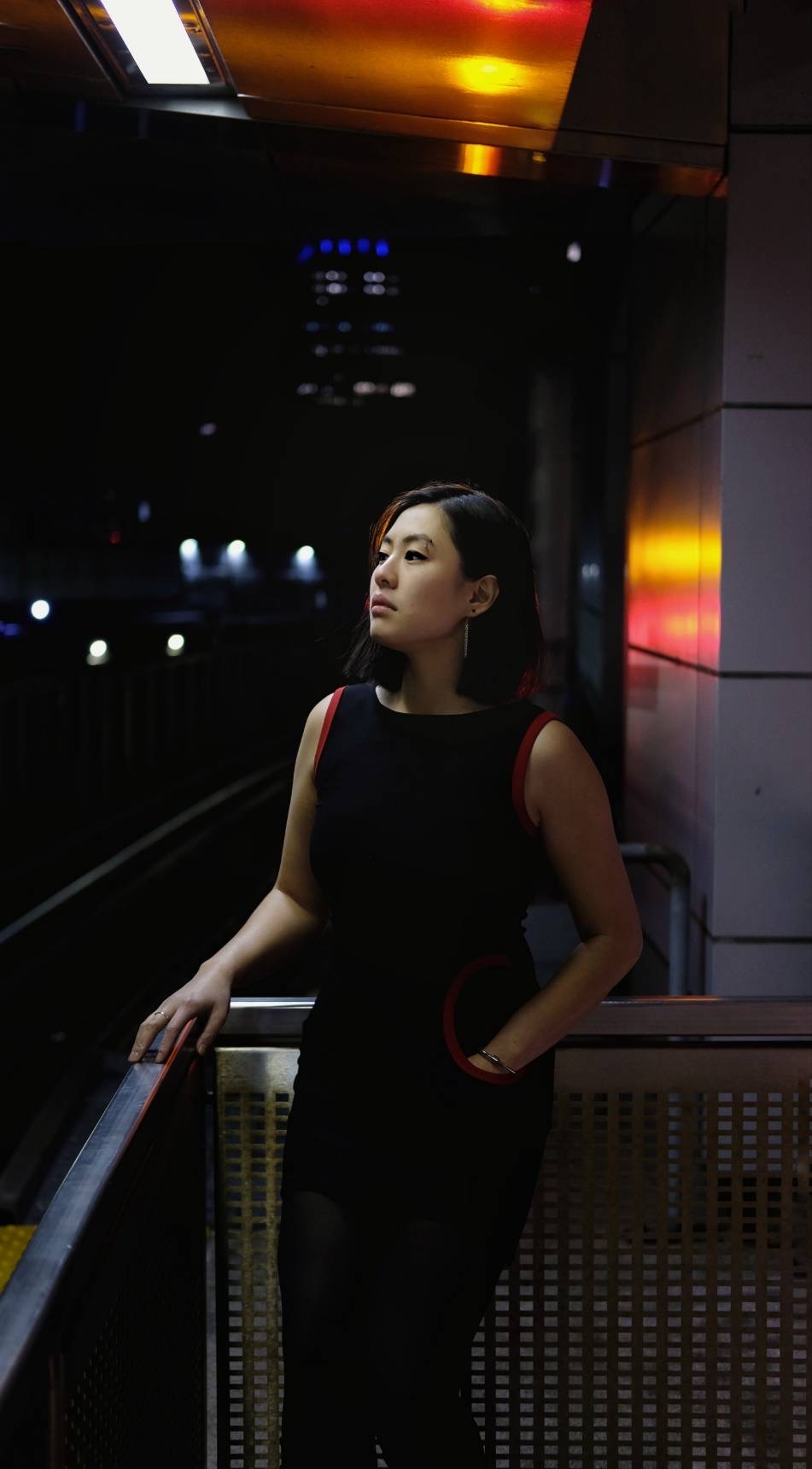
Can you share a story from your journey that illustrates your resilience?
My parents were such incredible advocates towards my path as a musician. When my dad lost his job in the 2008 recession, both my parents helped to continue my music education by offering to barter cleaning services/tech work with my music teachers. On my 16th birthday I went job hunting with my parents and found work at a pizza place and an Italian restaurant in order to earn money just for voice lessons. I began working as a Catholic liturgical musician in high school to continue my voice lessons and would even take a bus from Boston to New York to continue voice lessons twice a month to prepare for college auditions. During my studies at The Boston Conservatory I grew the part time sacred music work into a full time job while juggling my studies.
My relationship with myself and my music became incredibly strained after graduating in May of 2020, since I put all of my self worth on my musical productivity and career. Even though I was music directing, online teaching, and virtually performing fairly actively (especially considering the circumstances at the time), I eventually recognized that I only saw my worth as a human in how many musical jobs I had and how much money I made – not in myself or my creative voice. It took me 5 years to combat the critical self doubt that hindered me from practicing my technique, creating, and even listening to music (I could only listen to podcasts until a few months ago). I went to music therapy for all of 2023 to manage the fear filled dynamic of shame which paralyzed my progress, and continued to make attempts at writing and performing at various shows even though I had a lot of anxiety around music. I would attempt to avoid the anxiety, but learning to confront it and manage my issues was worth all of the work (that I am still continuing with). There were so many financial and mental obstacles which kept me from pursuing my craft, however, nothing has stopped me from following the music and nothing will.
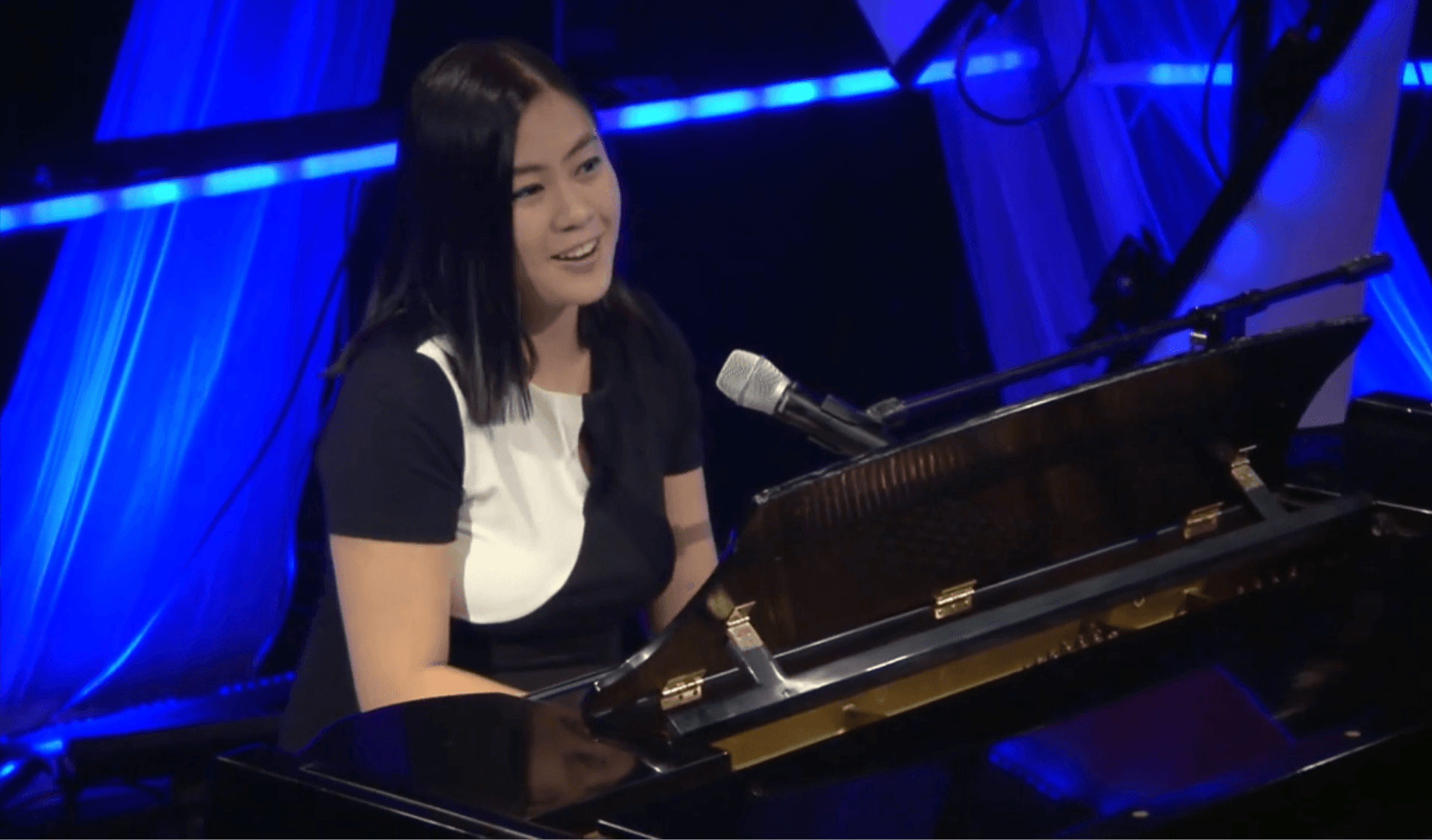
What can society do to ensure an environment that’s helpful to artists and creatives?
Society needs to prioritize creativity for everyone. Creating is a natural response to the human experience throughout history, and art helps us process our emotions and connects us with our community. I have voice students who claim they can’t sing (even though they can) and judge their performance as bad or good. This is because the extreme commodification of creativity puts implied boundaries on who can make art – implying that only those who are naturally “talented” can make art that is worthy to share. I witness how society deems only some art “worthy” enough to put a price tag on it, and only then does it hold value because it is “professional.” This is the downfall of our society – and it hurts artists and creatives who earn a living from creative work. When people are discouraged from participating in creating just for the sake of creating, they fail to understand the work and process that goes into refining a craft. This can make it extremely difficult to understand and appreciate the labor involved in the creative process. In making creativity a priority for all of society in general, the labor of artists will be valued more, and people in society will be able to connect, grow, and heal as individuals and communities.
Contact Info:
- Website: https://www.jae-ci.com
- Instagram: @jae.ci
- Soundcloud: https://soundcloud.com/jaeci1159
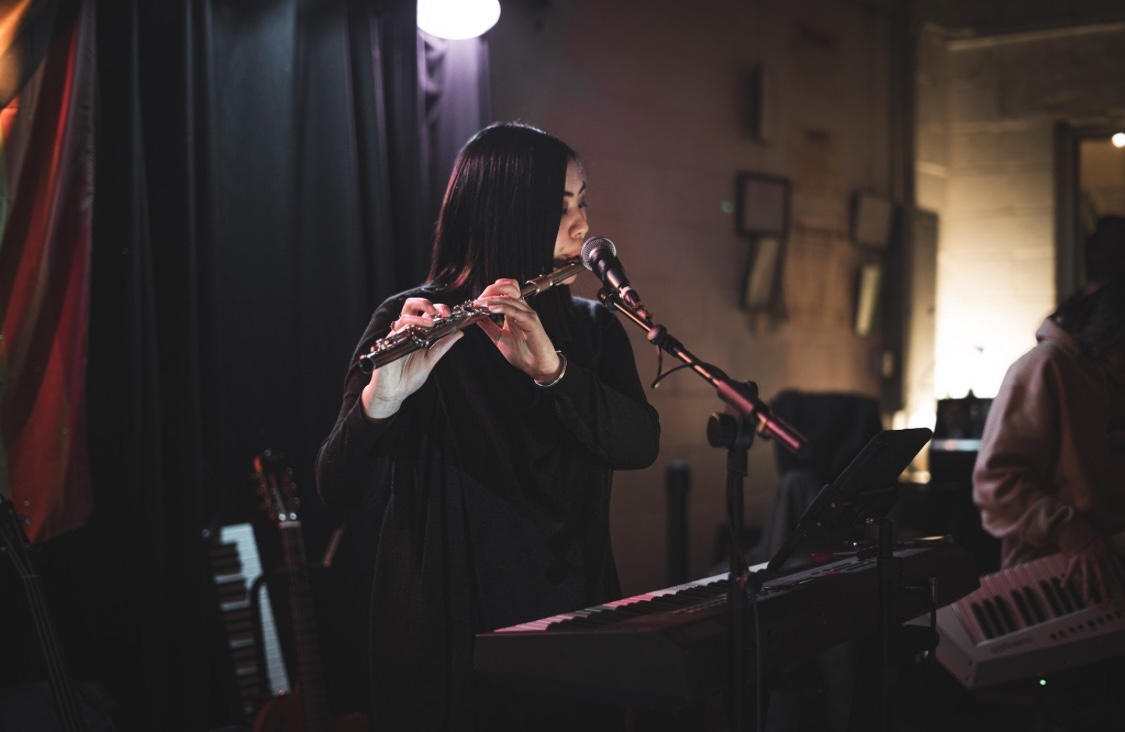
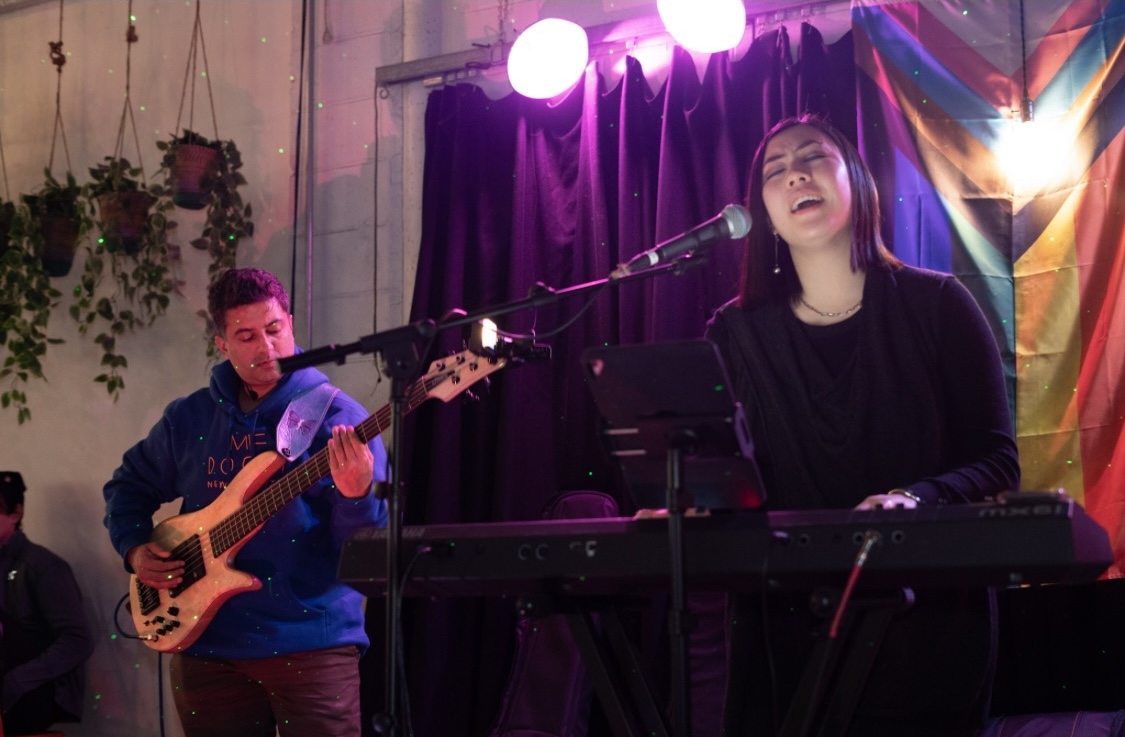
Image Credits
Adam S Gurczak
Ricky Prosper Vazquez
Jake Vo
Catholic TV


